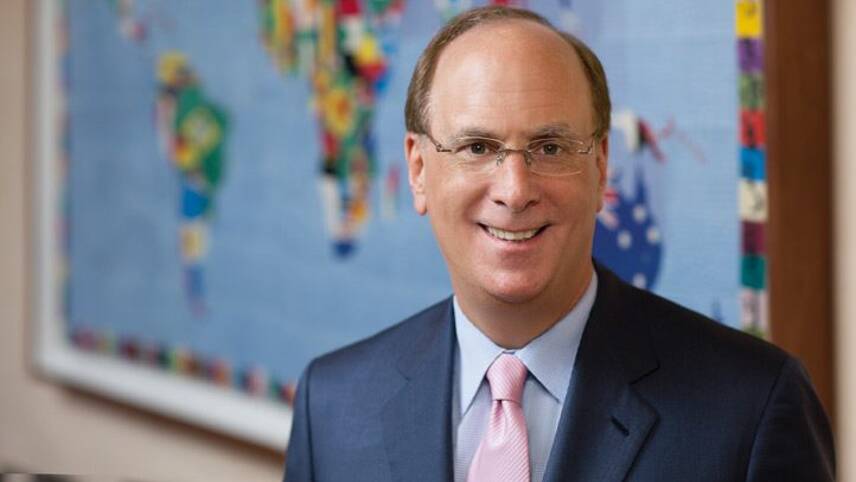Register for free and continue reading
Join our growing army of changemakers and get unlimited access to our premium content

Fink asked for businesses to provide better data and disclosure on all ESG aspects
Fink’s annual letter to chief executives was released Tuesday morning (14 January) outlining that “purpose is the engine of long-term profitability” for businesses. BlackRock is embedding sustainability as a standard offering across its core investment strategy as a result.
In recognition of the scientific data on climate change and the groundswell of public activity and awareness in relation to the ongoing climate strikes, BlackRock has announced new steps to embed climate action into its investment decisions. The world’s largest investor is in the process of removing companies that generate more than 25% of revenue from thermal coal production from its active investment portfolios.
The investor, which manages $50bn in solutions that support the transition to a low-carbon economy, has also reiterated its decision to cut investment from companies failing to act on climate change or disclose relevant data.
BlackRock’s chief executive Larry Fink said: “Climate change has become a defining factor in companies’ long-term prospects. Last September, when millions of people took to the streets to demand action on climate change, many of them emphasised the significant and lasting impact that it will have on economic growth and prosperity – a risk that markets to date have been slower to reflect. But awareness is rapidly changing, and I believe we are on the edge of a fundamental reshaping of finance.
“Where we feel companies and boards are not producing effective sustainability disclosures or implementing frameworks for managing these issues, we will hold board members accountable. Given the groundwork, we have already laid engaging on disclosure, and the growing investment risks surrounding sustainability, we will be increasingly disposed to vote against management and board directors when companies are not making sufficient progress on sustainability-related disclosures and the business practices and plans underlying them.”
By the end of 2020, BlackRock intends to provide transparent, publicly available data on sustainability “characteristics” – such as data on carbon footprint – for BlackRock mutual funds. The investor will also offer sustainable portfolios that use environmental, social, and governance (ESG)-optimised index exposures in place of traditional market-cap-weighted index exposures.
Fink asked for businesses to provide better data and disclosure on all ESG aspects, including diversity of the workforce, the sustainability of supply chains, and how well customer data is protected.
“Over time, companies and countries that do not respond to stakeholders and address sustainability risks will encounter growing scepticism from the markets, and in turn, a higher cost of capital. Companies and countries that champion transparency and demonstrate their responsiveness to stakeholders, by contrast, will attract investment more effectively, including higher-quality, more patient capital,” Fink added.
With a contentious year of politics set to culminate in the 2020 US Presidential Election in November, Fink reiterated the need for collaboration between governments and businesses to spur climate action, noting that the challenge couldn’t be solved “without a coordinated, international response from governments, aligned with the goals of the Paris Agreement”.
Climate Action 100+
BlackRock has warned that high-level directors could be voted out of companies that are failing to act on climate risks posed to individual firms. The investor revealed that it voted against or withheld votes from 4,800 directors at 2,700 different companies last year.
The past 12 months have seen the world’s biggest investor face mounting calls from activists to remove fossil fuel firms from its $6.9trn portfolio; to align its engagement with the Paris agreement; to back positive climate-related shareholder resolutions more than 10% of the time; and to heed the recommendations of Climate Action 100+ – an investor group advocating for finance to step up ambition and action on climate change.
After directly voting against several of Climate Action 100+’s shareholder resolutions in the past, BlackRock this week announced that it has joined the group, which represents more than 370 firms with more than $35trn in assets under management collectively.
Experts including the Principles for Responsible Investment (PRI) believe that BlackRock’s involvement in the initiative could be transformative, both for the firm’s own climate approach and the wider impacts which financial institutions can have on polluting businesses.
Matt Mace


Please login or Register to leave a comment.